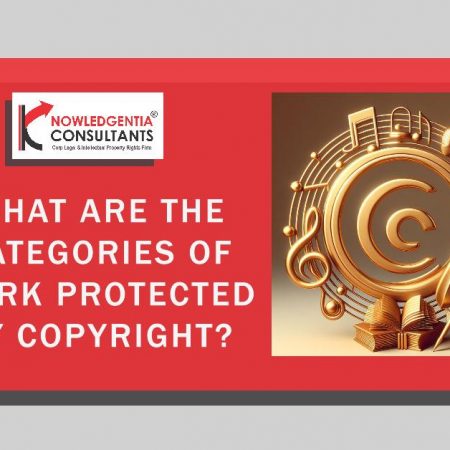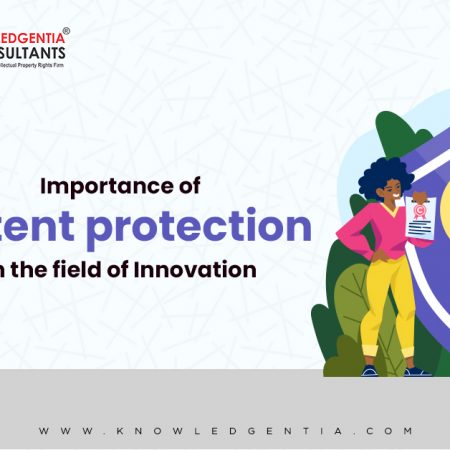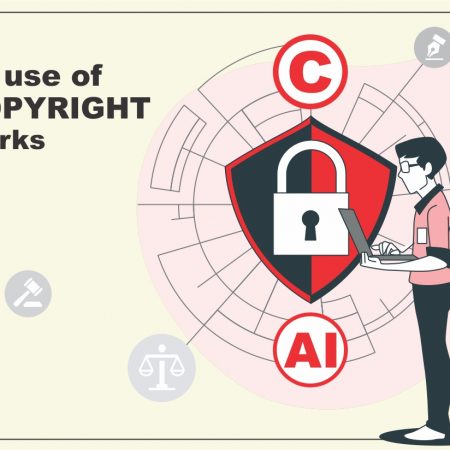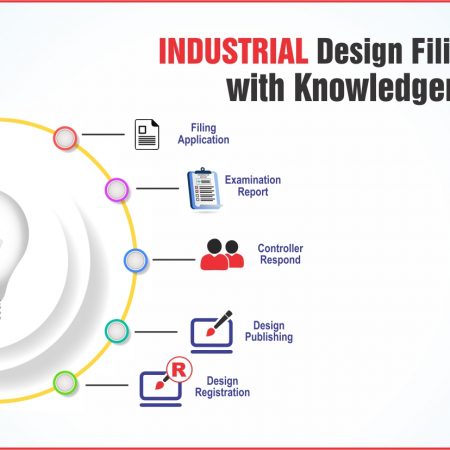INTELLECTUAL PROPERTY RIGHTS DIVISION RULES, 2022
INTRODUCTION
Intellectual Property Rights Division Rules, 2022 have recently been notified by the Delhi High Court in the light of exercise of powers conferred by law for matters to be listed before Intellectual Property Rights Division. There are forty-one rules and two schedules in total which have been notified, wherein the Schedule 1 discloses different forms and the Schedule 2 prescribes the fees applicable on various applications, petitions and appeals. As per the notification, these rules are applicable to The Copyright Act (1957), The Designs Act (2000), The Geographical Indications of Goods (Registration and Protection) Act (1999), The Patents Act (1970), The Protection of Plant Varieties and Farmers’ Rights Act (2001), The Semiconductor Integrated Circuits Layout- Design Act (2000), The Trade Marks Act (1999), and The Information Technology Act (2000). The subject matter of these rule include all matters relating to Patents, Copyright, Trademarks, Geographical Indications, Plant Varieties, Designs, Semiconductor integrated circuit layout-designs, Traditional Knowledge and all rights under common law, matters relating to passing off, acts of unfair competition, disparagement, comparative advertising, Protection of trade secrets, confidential information, tortious actions related to privacy and publicity rights involving intellectual property issues, matters pertaining data exclusivity, domain names and other matters relating to data protection involving intellectual property issues, and also the internet violations relating to these subject matters. Knowledgentia Consultants which is the best law firm in India for IPR matters in India as well as for Global IPR protection is well equipped to support all our clients with any queries relating to practice and procedure relating to IPR newly introduced in Delhi High Court.
SCOPE AND APPLICABILITY
This Division includes all original proceedings, appellate and other proceedings related to IPR as mentioned below:-
- IPR suits, revocation applications, cancellation applications, other original proceedings, appeals and petitions from the various IPOs and all other proceedings which were used to be under the IPAB;
- All suits filed in which IPR subject matter is involved, either under the respective statutes or under common law including suits relating to breach of privacy, rights of publicity;
- Writ Petitions (Civil) [WP(C)], Civil Misc. (Mains) [CM(Main)], Regular First Appeal [RFA], First Appeal from Order [FAO], Civil Revision Petition [CRP] arising out of IPR subject matters and disputes dealt with by the Commercial Courts in Delhi, except matters that are to be dealt with by a Division Bench; and
- All pending proceedings before the IPAB relating to Delhi jurisdiction transferred to the Delhi High Court.
PRACTICE AND PROCEDURE
As per these rules, every IPR subject matter filed before the IPD (Intellectual Property Division) is to be heard and adjudicated by a Single Judge of IPD with an exception to those where the case is to be decided by a Division Bench as per Section 13 of the Commercial Courts Act, 2015.
The rules have laid down the procedure to be followed in case of: Appeals, Original Petitions (Civil Original Petition), Writ Petitions (Civil), Civil Miscellaneous Main Petition, Regular First Appeal, First Appeal from Order, Civil Revision Petition, CM (Mains), FAOs, RFAs, CRPs, and Suits. The procedure is to be governed by provisions of Commercial Courts Act, 2015 , CPC, Delhi Court Rules pertaining to original side as well as Patent Suit Rules.
The rules have also allowed the IPD to record the evidence by procedures such as Hot-tubbing, as provided in Rule 6, Chapter XI, Delhi High Court (Original Side) Rules, 2018, video conferencing, transcription technology etc. Under these rules, it is the responsibility of the parties to preserve all documentary, tangible and electronic material evidences relating to the subject matter of the proceedings.
The Court is also entitled to constitute a confidentiality club for the preservation and exchange of confidential information filed before the Court including documents, and can also direct the redaction of such confidential information. The intervention by the third parties under these rules is permitted suo moto or on an application by any person in cases listed before the IPD. The Division also has the power to direct consolidation of proceedings, hearings, as well as direct consolidated recording of evidence/common trial and consolidated adjudication. The court is also allowed to pass summary judgment, without the requirement of filing a specific application. The judges of IPD have also been entitled to appoint atleast two law researchers for a minimum period of six months for assisting them in techno-legal aspects.
In cases of mediation, if the Court is of the opinion, then it may appoint a mediator having training or experience in subject matters relating to IPR, even without the consent of the parties. The mediator may be a single person or a panel of mediators, as the court may deem fit. The mediation will be conducted under the Delhi High Court Mediation and Conciliation Centre which can also collaborate with IPO (Indian Patent Office) in relevant matters.
CONCLUSION
The relevance of Intellectual Property has been increasing in India since past few years and it is imperative to bring out some concrete regulations relating to dynamic changes in every sphere of activity. The laying down of these progressive rules clearly establish the significance accorded to intellectual property in the minds of the policymakers. Knowledgentia Consultants has earned a name as one of the most client focused trademark and brand registration firm in India. Providing best copyright registration services in India and having a team of top most patent consultants in India, we are you one-stop solution for all kinds of legal, compliance and supplemental matters. In case of any query regarding this matter you may email us at info@knowledgentia.com or visit our website –https://knowledgentia.com/.
PUBLISHED BY MS. HARINDER NARVAN, MS. APARNA JAIN, MS. AASHRIKA AHUJA AND MR. ABHISHEK PARMAR ON 27.04.2022








